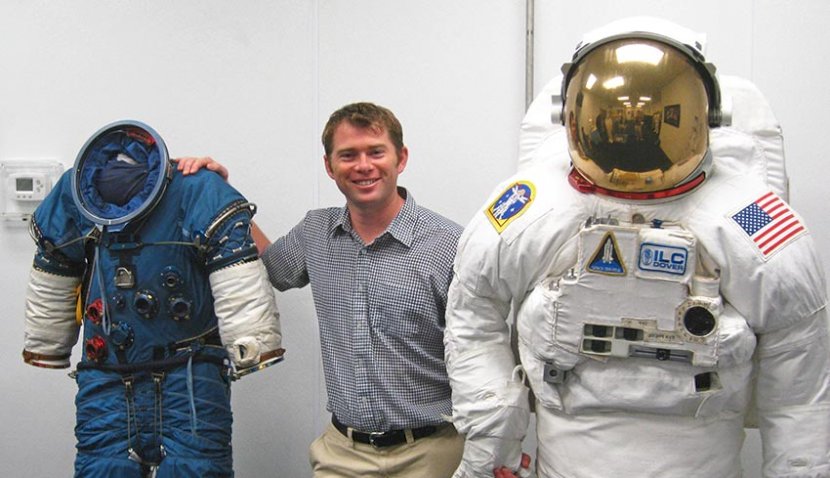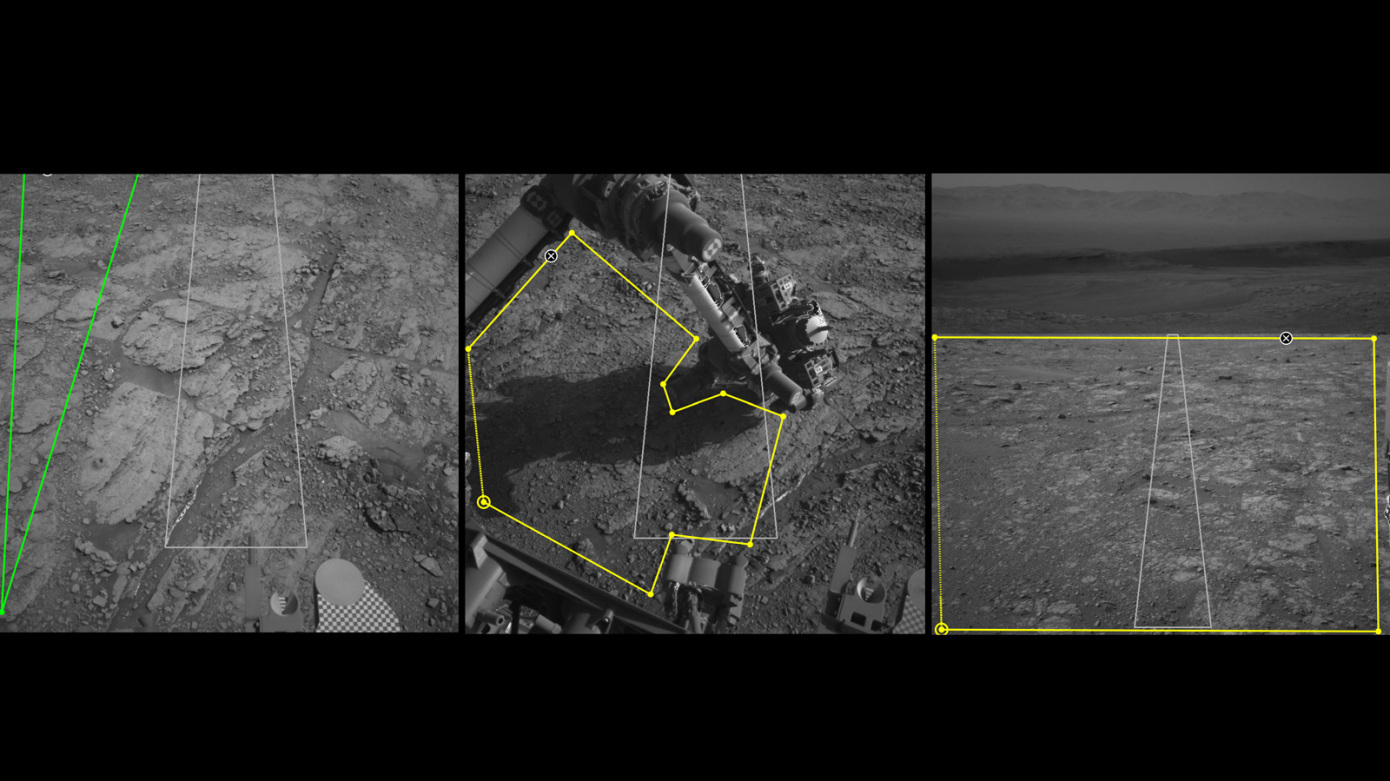Author: Earl White
-

Stream of local stars formed in another galaxy is evidence of The Milky Way’s violent history
A Vast Stream of Flowing Stars Is Evidence of The Milky Way’s Violent History Using data from the Gaia Milky Way mapping survey, astronomers have discovered a vast stream of stars that they believe are the remnants of a massive dwarf galaxy that got dragged into the galactic disc before being torn apart.…
-

Neowise Comet C/2020 F3 Can Be Seen With Naked Eye
Neowise Comet C/2020 F3 Can Be Seen With Naked Eye Just in time as a follow up from our recent podcast on comets – here’s a new one! Neowise comet can be seen from Earth without a telescope A rare celestial sight for people across the world at the moment – a comet…
-

Australian Space Agency funds locally-designed space suits
Australian Space Agency funds locally-designed space suits Congratulations to Mars Society Australia member, Dr James Waldie for receiving funding from the Australia Space Agency to help develop the next generation of space suits in a major international collaboration involving NASA and the European Space Agency. The $844,000 Australian Space Agency grant will develop three types…
-

Scientists spot flash of light from colliding black holes. But how?
Scientists spot flash of light from colliding black holes. But how? Scientists think they identified two black holes merging that produced a burst of light. Black holes aren’t supposed to make flashes of light. It’s right there in the name: black holes. Even when they slam into each, the massive objects are supposed to be…
-

ARM-based Japanese supercomputer is now the fastest in the world
ARM-based Japanese supercomputer is now the fastest in the world Wow – ARM based system now rated number one!. Fugaku is being used in COVID-19 research Source: www.theverge.com/2020/6/23/21300097/fugaku-supercomputer-worlds-fastest-top500-riken-fujitsu-arm
-

Did Galaxies Grow from Quantum Static?
Did Galaxies Grow from Quantum Static? A new test could determine whether large-scale cosmic structures have microscopic origins Did Galaxies Grow from Quantum Static? Quantum fluctuations in the early universe may have seeded the formation of large cosmic structures, such as this galaxy cluster. Credit: NASA, ESA, Hubble and RELICS Some 13.8 billion…
-

You can help a Mars Rover’s AI learn to tell rocks from dirt – TechCrunch
You can help a Mars Rover’s AI learn to tell rocks from dirt – TechCrunch Curiosity doesn’t navigate on its own; there’s a whole team of people on Earth who analyze the imagery coming back from Mars and plot a path forward for the mobile science laboratory. In order to do so, however,…
-

CERN makes bold push to build €21-billion super-collider
CERN makes bold push to build €21-billion super-collider European particle-physics lab will pursue a 100-kilometre machine to uncover the Higgs boson’s secrets — but it doesn’t yet have the funds! The decision was unanimously endorsed by the CERN Council on 19 June, following the plan’s approval by an independent panel in March. Europe’s…
-

eROSITA X-Ray Telescope Captures Hot, Energetic Universe
eROSITA X-Ray Telescope Captures Hot, Energetic Universe | Astronomy | Sci-News.com A new all-sky image from the eROSITA X-ray telescope onboard the Spectrum-Roentgen-Gamma (SRG) space observatory contains over one million objects, about half of which are new to astronomers. It shows the structure of hot gas in the Milky Way itself, and the…
-

ESOblog: Twinkle, twinkle little star, but not on our watch
ESOblog: Twinkle, twinkle little star, but not on our watch Great blog article from the ESO on adaptive optics – mechanical systems to deform the shape of a mirror to take into account disturbances in the Earth’s atmosphere. The same sort of disturbances that cause stars to “twinkle”. Astronomers have turned to a method…
-

Silq is a new high-level programming language for quantum computers – TechCrunch
Silq is a new high-level programming language for quantum computers – TechCrunch Quantum computing hardware continues to improve to the point where we may actually see real-world use cases in the next few years and so it’s probably no surprise that we are also seeing a steady increase in research projects that focus…
-

Silq is a new high-level programming language for quantum computers
Quantum computing hardware continues to improve to the point where we may actually see real-world use cases in the next few years and so it’s probably no surprise that we are also seeing a steady increase in research projects that focus on how to best program these machines. One of the newest… Source: techcrunch.com/2020/06/15/silq-is-a-new-high-level-programming-language-for-quantum-computers/